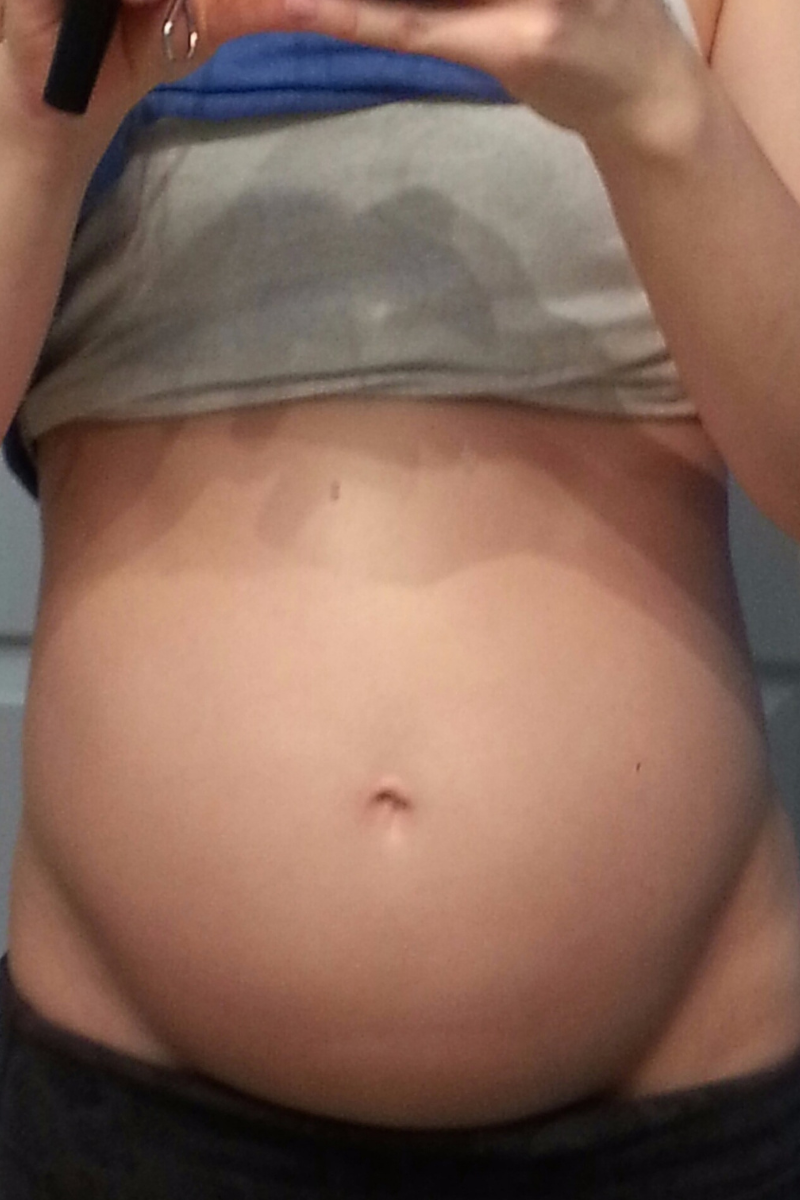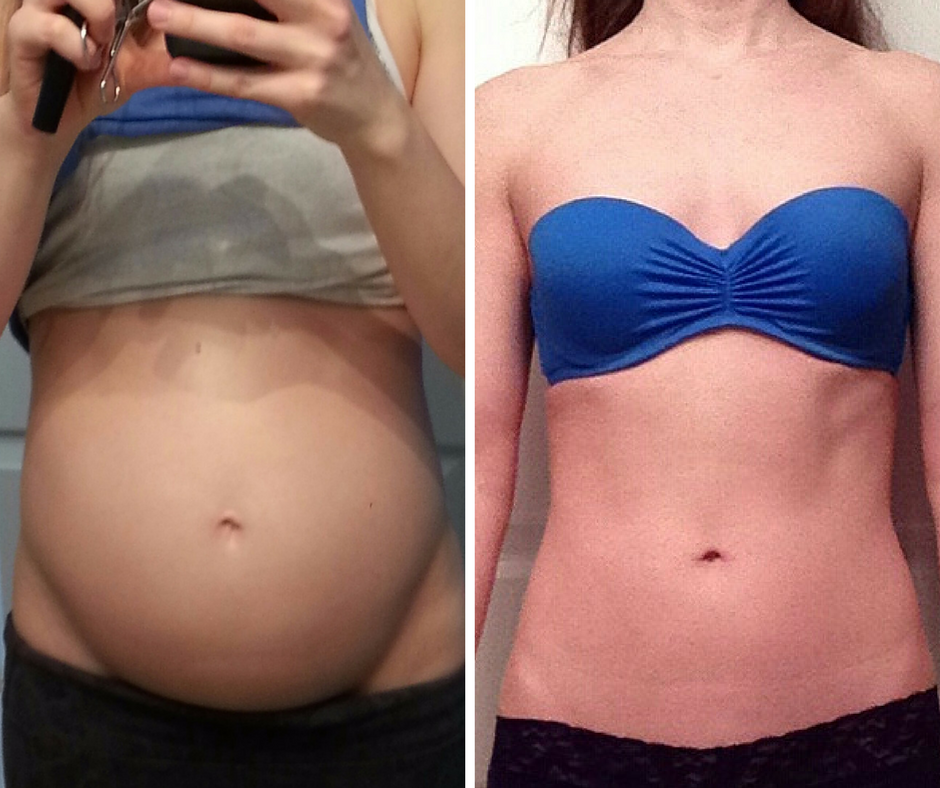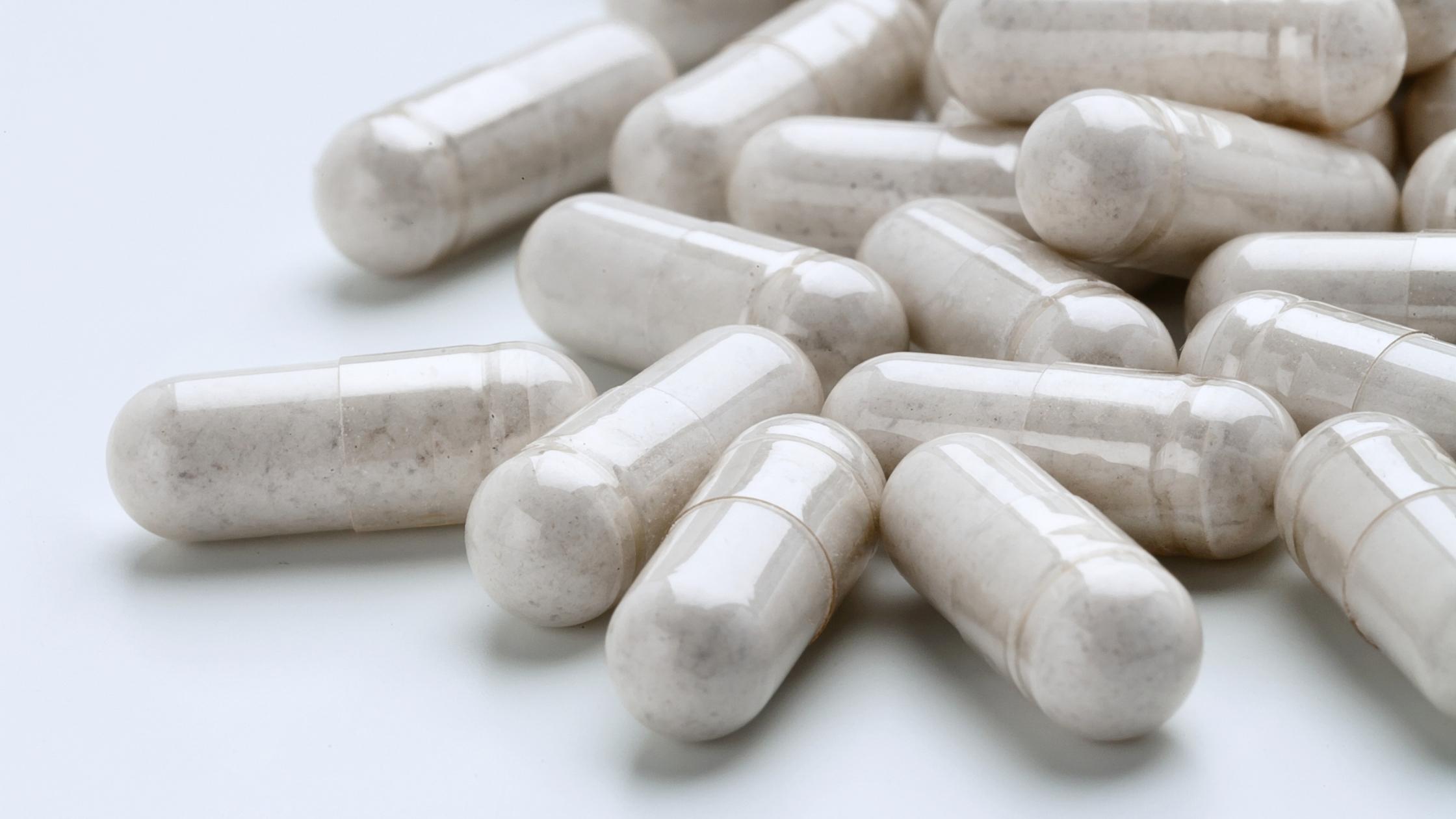I remember when I was diagnosed with IBS back in 2008 it was such a relief to finally have a label on why I was plagued with abdominal distention, bloating and constipation. I had spent months of waiting for specialist appointments, went through several invasive and uncomfortable tests followed by heartbreaking disappointment every time a doctor said they couldn’t find a cause of my symptoms. I just did not understand how I could go from feeling normal to having daily symptoms that were destroying my quality of life, my confidence, my social life and affecting my relationship.
However, the relief I felt when diagnosed quickly changed to confusion: How did I get this? How is it treated? What do I eat? And what the heck do I do now?!
“It’s a woman’s issue: you’re all just afraid to poop”. Yes, friends, that is what the doctor told me. I think he was trying to be funny but I left the appointment with little guidance on what to do except to try a prescription medication that had been approved for use in IBS. At the time, there really wasn’t much information as to why IBS develops and how to treat it. It was a diagnosis used when there were no obvious reasons (like structural changes) for your gut to go haywire.
Looking back on my experience, I’m reminded of the feelings of desperation and isolation that I felt so strongly. Desperate to know why this was happening to me, how I could feel “normal” again (or even if I would feel normal again) and feeling isolated in that nobody could actually answer these things for me or understand what I was going through. I felt that I was completely alone in the process.
Maybe that sounds overly dramatic but for those who have been there, you know.
I’m grateful for this experience now because it’s driving force behind why I do what I do. I help people who are feeling lost and hopeless in their IBS journey. I help people break free from the pain and discomfort of IBS. Your experience should not have to be as painful as mine.
Fortunately, IBS has been well researched over the past decade and research shows that there are likely several factors to IBS developing.
Visceral hypersensitivity
Two-thirds of people with IBS experience visceral hypersensitivity. This means that any increase of fluid or gas in the intestinal tract triggers the gut nerves to send a signal to the brain saying there is pressure in the gut. Our body then responds by telling us that we are experiencing pain or discomfort.
What you can do about it: trial a Low FODMAP diet to reduce gas and fluid in the intestines, listen to gut-directed hypnotherapy recordings like Nerva.
Altered Gastrointestinal Motility & Disruption of the Enteric Nervous System
The Enteric Nervous System (the “ENS”) is one of the main divisions of the nervous system that governs the function of the gastrointestinal system, including digestion and motility. It is sometimes referred to as the Second Brain and is in constant communication with your Central Nervous System (your real brain). When the ENS is thrown off- which can occur from a multitude of factors including anxiety, stress, lack of sleep and gut infection- digestive function decreases and motility goes either too slow or too fast.
Certain medications can also alter gastrointestinal motility including opiates and antihistamines.
What you can do about it: lifestyle habits greatly affect the ENS. Sleep 8+hours each night, adopt stress reducing techniques like deep breathing, seek counselling, disengage from stressful relationships, use gut-directed hypnotherapy.
A Change in the Gut Microbiome
Our gut is home to trillions of microbes that collectively make up the gut microbiome. The microbiome is a sensitive ecosystem: under certain conditions, the “good” bacteria will reduce in numbers leaving the ecosystem susceptible to parasitic infection, bacterial infection or overgrowth of yeast organisms. Things that can hinder the health of the gut microbiome:
- Medications such as birth control, antibiotics, antacids, acid-blockers
- High-stress lifestyle
- Binge drinking
- Low fiber diet
- Food poisoning
- Eating disorders
- High sugar diet
One of the most common microbiome issues in people with IBS is Small Intestine Bacterial Overgrowth (SIBO). SIBO is thought to be the leading cause of IBS. It is a condition where the bacteria that reside in the large intestine migrate to the small intestine. Symptoms of SIBO mimic those of IBS: gas, bloating, diarrhea and/or constipation. You can read more about it here.
What you can do about it: ask your Naturopathic doctor about a Comprehensive Digestive Stool Analysis and a Small Intestine Bacterial Overgrowth breath test. Eat a variety of fibers that you tolerate, reduce sugar and alcohol intake.
Increased Intestinal Permeability
Leaky gut is the less-scientific more casual term used to describe increased intestinal permeability. Leaky gut refers to intestinal barrier function. In a healthy gut, the cells lining the gut are held together tightly by ‘tight junctions’. These are important in preventing foreign bodies or undigested food particles to pass through the gut barrier and into our body where they would provoke the immune system and cause inflammation or infection.
People with Crohn’s, ulcerative colitis, coeliac disease and intestinal infections are susceptible to leaky gut. Chronic non-steroidal anti-inflammatory drugs (i.e. ibuprofen) use and heavy alcohol intake can also contribute to leaky gut.
What you can do about it: reduce alcohol intake, seek out potential food sensitivities (I can help with that!).
Immune System activation
The immune system can be constantly activated in the presence of a gut infection, if you are eating foods that you are sensitive to, if you have leaky gut, if you have environmental allergies, or if you have been exposed to toxic mold.
What you can do about it: investigate the gut microbiome with your Naturopathic doctor, seek out potential food sensitivities, investigate mold exposure, use chemical-free household and body products, keep your house dust-free as much as possible and air it out every day.
Low-grade Inflammation
Previous episodes of food poisoning, genetic diseases, undiagnosed food allergies and changes in the gut bacteria can cause chronic low-grade inflammation. Low-grade inflammation can contribute to leaky gut developing.
What you can do about it: get a stool test from your doctor; seek out potential food sensitivities (I can help with that!), eat foods high in Omega 3 fats (walnuts, salmon, hemp seed, and flax seed).
What you can do about it: investigate the gut microbiome with your Naturopathic doctor. Eat a variety of well-tolerated fibers; reduce sugar, red meat and alcohol intake.





+ show Comments
- Hide Comments
add a comment